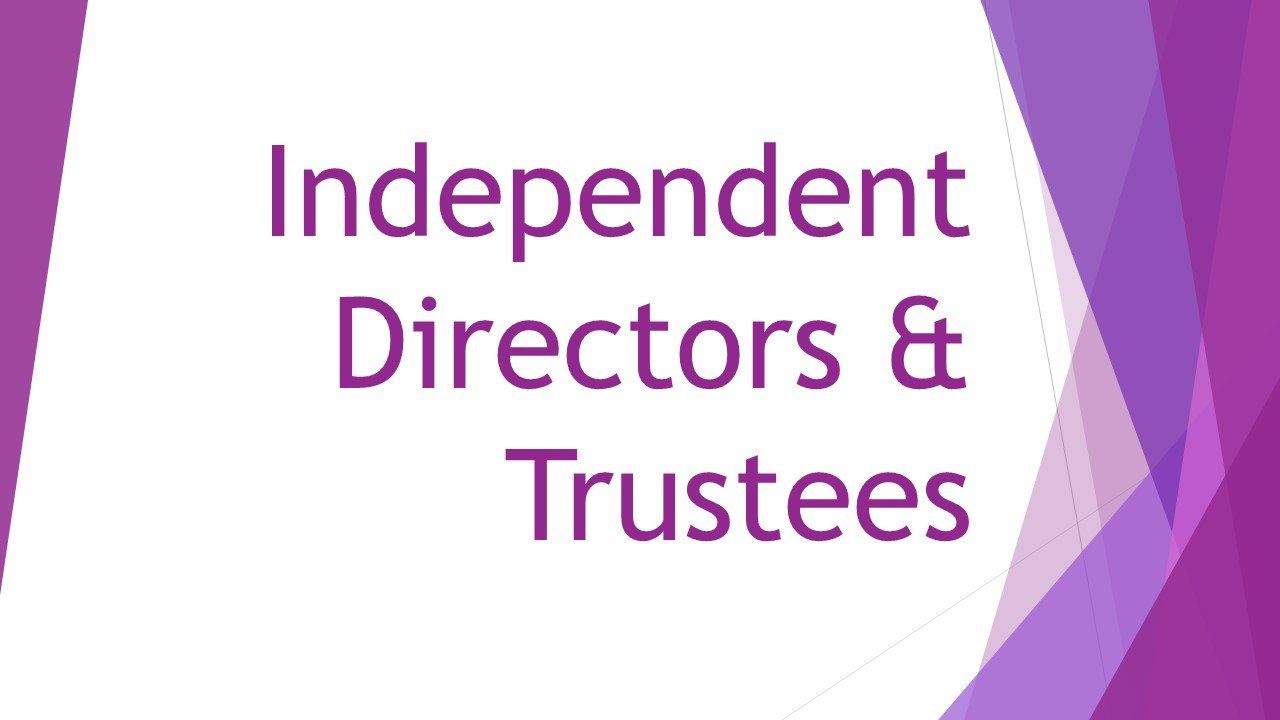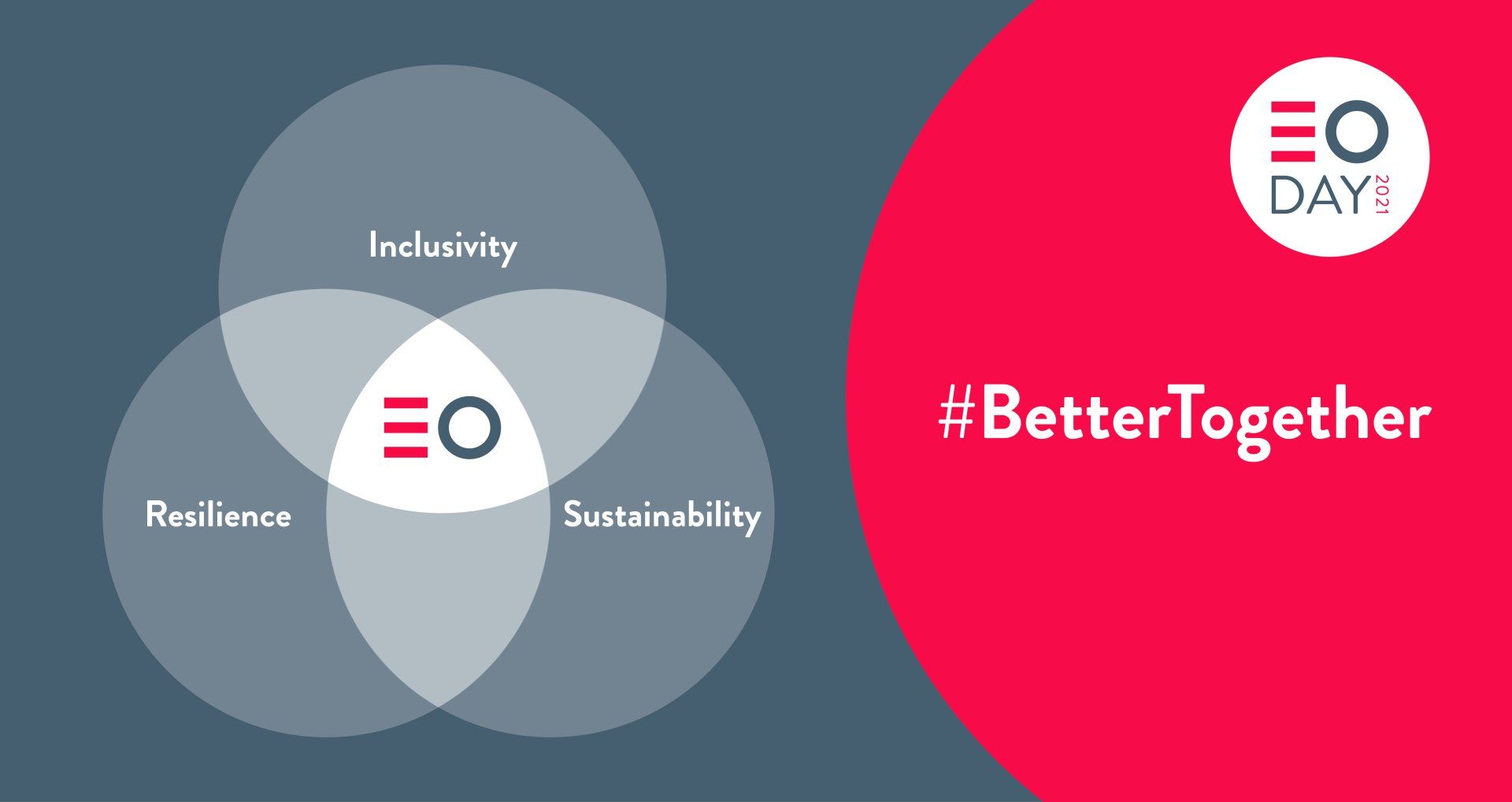Becoming a Director
- by Independent Directors and Trustees
- •
- 12 Jan, 2023
Or ... what are the things you wished you'd known when you were first appointed?

This was the topic for our most recent internal knowledge sharing session which created a wide ranging and thought provoking discussion.
You Deserve to be at the Table
Core amongst our considerations was that you have been appointed, so there is no need for you to justify your seat at the table. No matter how, or why, or what your route to the appointment was, as a statutory director, you share the same role and responsibilities as your fellow directors.
Too often inexperienced directors, or recent appointees, feel they have to justify their attendance to their fellow directors before contributing to boardroom discussions. However, the fact that you have been invited to be there, means that your voice is valued and should be heard. Leave your own self-doubts at the door, nobody else is interested – they should only want to see how you can add value by being there.
Initially, yes, you may feel more comfortable contributing on those topics which you have relevant experience or knowledge, either through your functional role, your experience both within and outside the organisation, or through your training. If this is the case, ensure your contribution is focused at the level of the board – operational oversight or strategic in content. Not operational delivery, or non-business, or purely personal.
Finding Your Voice
Use this early stage to develop your voice, positioning your contributions at this strategic level. Watch how others use their voice to question others to develop the discussion, seek out relevant information or challenge contributions.
Further develop your skills into asking questions of others in a similarly strategic way.
If you don’t get answers, try asking in a different way. The real value of your contribution is that, by your lack of direct functional experience, you will be asking questions in a way that challenges the norm. A simple request to re-explain a topic in a different way may lead to a discussion that is much more beneficial than a continuation of the same.
Remember, you have the right, and the duty, to ask your own questions if you feel there are gaps either in the discussion or the information being shared.
Be prepared to be disappointed
The board is a collection of individuals none of whom have the full answer, or the knowledge and insights that you have. Don’t be intimidated or expect it to be perfect. No board ever is, and the recognition that improvement can always be made is a powerful understanding in any board’s collective mindset.
Before attending a meeting, you may have had high expectations of the discussion, the strategic thinking, the dynamics working across and between members. When you attend your first meeting, all these expectations may be knocked down, or found to be unrealistic.
Whichever board you join, once you’re appointed you are amongst their number, and you are contributing to the high ideals that other, non-board members, now have of you and your fellow directors. Hence, be mindful of your responsibilities, your output and your communication as a member of the leadership team of the organisation.
Events Happen
Real challenges for boards occur when events happen. How did your board react to Covid? How is it adapting to inflation and recession? What happens when one of your identified key risks occurs? Have you had a security breach, what did the board do?
Standing agenda, regular reporting, formal board minutes are important company narrative…but none of these reflect the activity that happens when an event occurs. It is at this stage that the effectiveness of the board in delivering in their role, and leading their organisation, is clearly in the spotlight. When these occur, the board needs to be agile and nimble, working within their remit but crucially leading by example, making decisions and adapting as needed.
If the disciplines of providing focus, clarity and guidance are already embedded in the activities and discussions of the board, adapting to an event can be an opportunity to layer the specific topic on top of the innate rhythms of the board. Having this discipline can make event driven activity more effective and targeted.
Boards and their formal meetings are not a one off, static forum – they constantly evolve and adapt to activity both internally and external to the organisation. They are enduring but not static.
By joining the board, you are contributing to this evolution, merely by attending, by developing yourself, your role and your participation, you can make an even greater contribution to this forward momentum.
Breadth of Responsibility
All this leads into one of the points raised in our discussion – a recognition for all directors that they have responsibility for the full breadth of board deliverables, not just those aligned to their personal area of specialization.
No statutory board member should be there just to make up the numbers. They should all contribute in a meaningful way, however that may be defined, otherwise they’re taking the seat of somebody who could make a difference.
To do this, all directors need to understand the responsibilities of the board, both under company law, but also aligned to the needs of their particular organisation. Just turning up at meetings isn’t enough.
If you’re invited to join a board, or are considering a role as a director, consider not just the responsibility that you’re taking on and the contribution that you can make through your experience, but also the added value that your participation on all topics under discussion could provide to the success of the board.
As a final point, we did also note that being a director should be enjoyable.
Yes, it’s a responsibility, but it’s a responsibility that each member of the board should embrace, contribute to and recognise that, by their actions, they’re contributing to the success of this collective forum in leading a business – and yes, it is about collective leadership. Working as a team of individuals respectful of their fellow directors and clear on their objectives can provide both satisfaction in doing a role well, but also an avenue to enjoy leadership and be part of a successful organisation.
The brief article was written following a regular in-house knowledge sharing forum to which all members of IDT are invited, contributing to the discussion based on their personal board experience.
As part of their services, IDT provides in-house workshops to organisations, one of which is ‘The role of directors and the board’. If you are interested in this topic and would like to find out more about this workshop, please contact IDT at info@directorsandtrustees.co.uk


